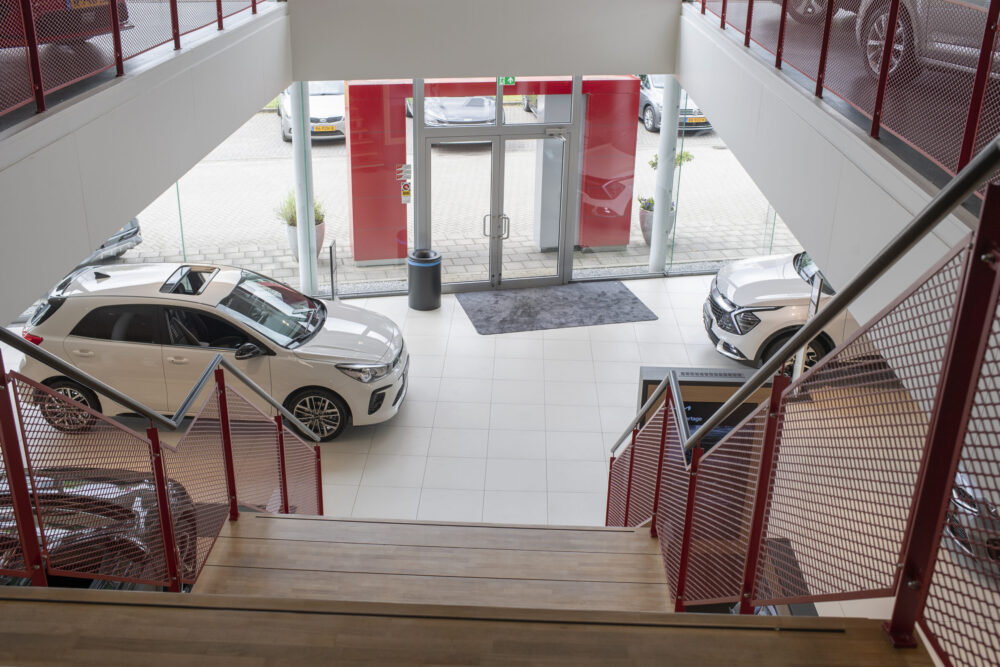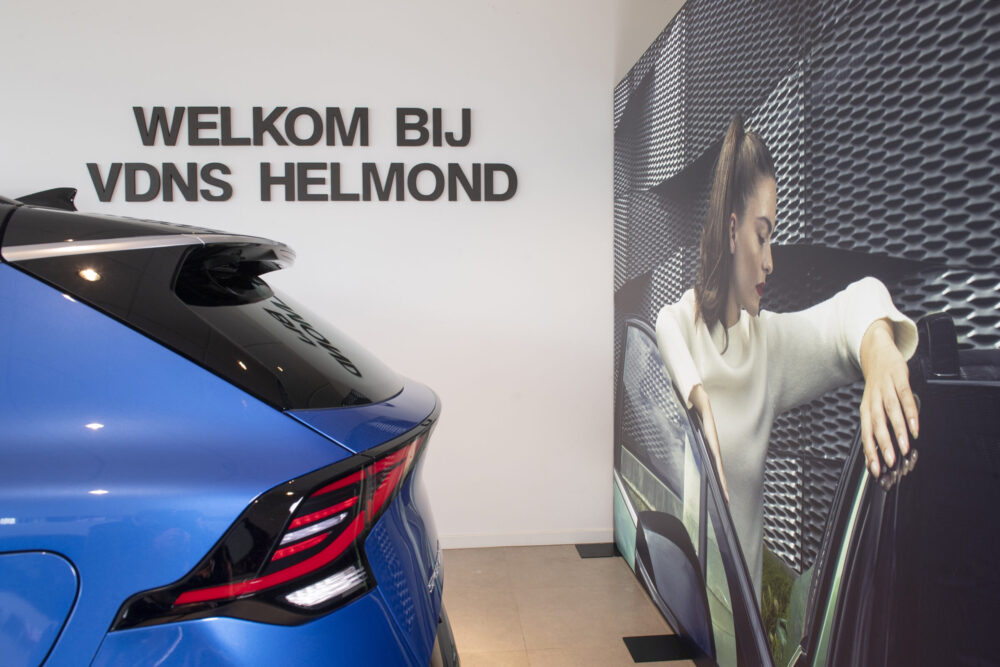Electric driving is becoming increasingly popular, with more and more new electric cars entering the market. But what does it really cost to drive an electric car? And is the purchase or leasing of an electric car a good idea? In this blog, we delve deep into the costs of electric driving and compare them with the costs of a gasoline or diesel car.


Purchase costs of electric cars
Electric cars are often more expensive to purchase than gasoline or diesel cars, mainly due to the cost of the battery. However, there are increasingly affordable models available, and governments, for example, provide subsidies that reduce the price. In the Netherlands, these subsidies can amount to €2,900, making an electric car cheaper to purchase than you might think!
Charging costs
Electric driving means charging your car instead of refueling it. Charging at home is the cheapest option, especially at night when electricity prices are lower. Public charging stations are slightly more expensive, and fast charging is the most expensive. It costs an average of €0.36 per kWh to charge at home, which translates to about €36 for a full charge, depending on the car. Charging at a public station can cost around €0.60 per kWh. Nevertheless, the costs of “filling up” an electric car are lower than refueling with gasoline or diesel.
What are the maintenance costs of electric cars?
Electric cars have fewer moving parts than internal combustion engine cars. This means less wear and thus lower maintenance costs. No oil changes are needed, and there are fewer brake problems thanks to regenerative braking that recovers energy — all of which keep maintenance costs low.
Lifetime and depreciation
Electric cars and their batteries have long lifespans. Although the battery may become less efficient over time, many manufacturers now offer warranties on batteries, providing peace of mind. The lifespan of an EV battery can exceed 10 years. The depreciation of electric cars used to be higher than that of conventional cars, but as they become more popular, their resale value improves. Thus, used electric cars can also be cost-effective. You can lease an electric car or purchase one affordably.
Tax benefits of electric cars
As the owner of an electric car, you pay less tax. In many places, there is no motor vehicle tax to pay, and the tax deduction for business use is also lower. In the Netherlands, the tax deduction for electric cars was only 12% on the first €40,000 of the list price in 2021. These benefits can quickly compensate for the higher purchase price.
What does electric driving cost per 100 km?
To get a good idea of the costs of electric driving, it’s useful to look at the costs per 100 kilometers. These costs depend on various factors such as the type of car, the price of electricity, and the car’s consumption.
Electricity consumption: Electric cars consume an average of about 15 to 20 kilowatt-hours (kWh) per 100 kilometers. This consumption can vary depending on the model and driving style.
Cost of electricity: The cost of electricity can vary depending on where and when you charge your car. Charging at home is usually cheaper than using public charging stations. The average price for home electricity is around €0.22 per kWh. At fast-charging stations, this can rise to about €0.35 per kWh.
Calculating the costs: For example, if an electric car consumes 18 kWh per 100 kilometers and the cost of home electricity is €0.22 per kWh, then the cost per 100 kilometers is approximately €3.96. This is significantly cheaper than the cost of gasoline or diesel for a comparable distance.
Comparison with gasoline and diesel: For a gasoline car with a consumption of about 6 liters per 100 kilometers and a gasoline price of €1.80 per liter, the costs would be approximately €10.80 per 100 kilometers. This shows that electric driving is often cheaper per kilometer than driving a gasoline or diesel car.
So what are the costs of electric driving?
Electric driving requires an initial investment, but this is offset by lower operational and maintenance costs, as well as tax benefits. While purchase costs are higher, total ownership costs can be lower compared to traditional cars. Moreover, you contribute to a sustainable future.


